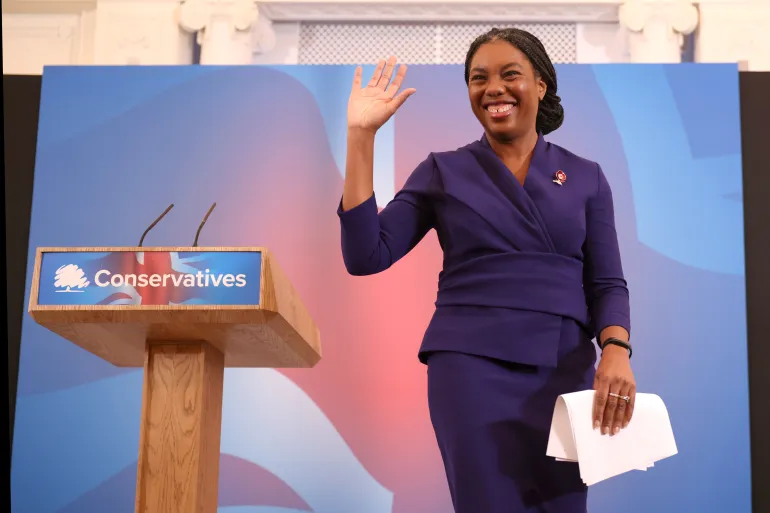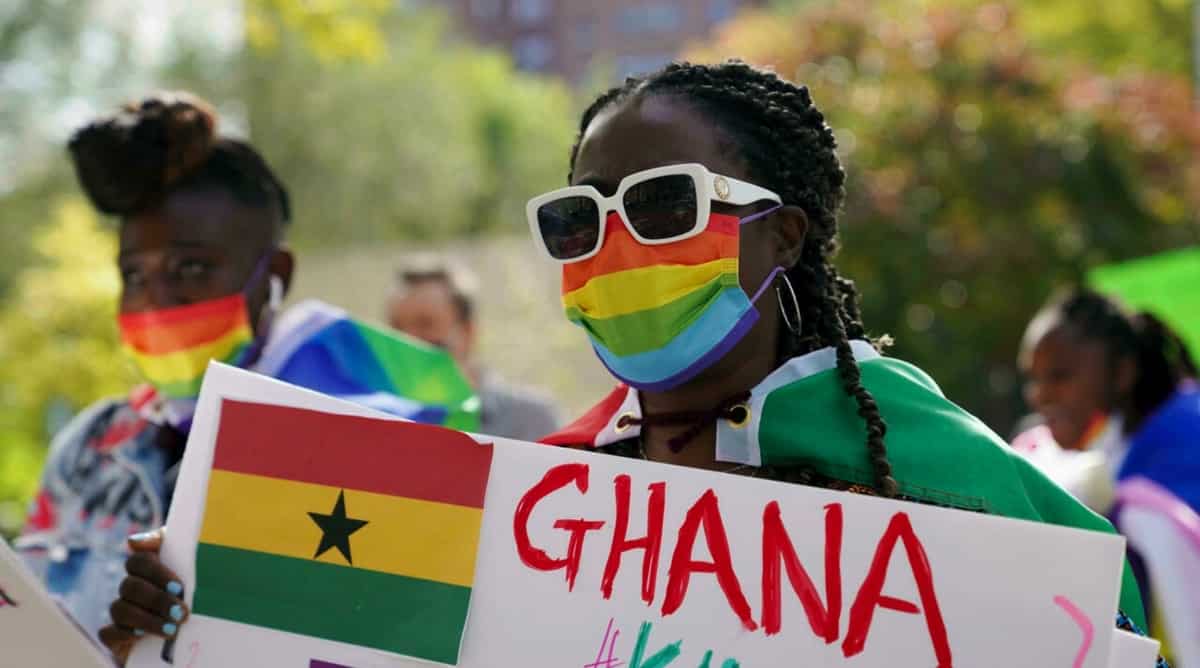UK Conservative Party leader Kemi Badenoch has accused countries impacted by slavery of exploiting colonial guilt through demands for reparations, arguing that calls for financial redress from Britain are an attempt to manipulate historical grievances.
While acknowledging the British Empire’s flaws, Badenoch emphasized that its positive contributions, including its role in ending the Atlantic slave trade, should not be overlooked.
In a GB News debate in October, former Conservative leadership candidates Robert Jenrick and Kemi Badenoch shared their perspectives on reparation demands from some African nations. Badenoch criticized the calls as misguided and suggested that people in former colonies may not view Britain as negatively as some left-leaning critics portray. Instead, she urged the UK to focus on constructive ways to assist other nations moving forward.
“There are many things the British Empire got wrong. But there are many amazing things the British Empire also did and we need to be honest about that and stop pretending that it was all bad. The British Empire ended slavery, the Atlantic Slave Trade. We need to talk about that more,” she said.
Badenoch, who grew up in a Commonwealth country, remarked that the “barrage” of criticism often associated with colonial history does not resonate with many people in former colonies. “We need to look at how we can help other countries best as they can. We did a lot to help those countries, we can do more again. I would like to see that but the answer is no reparation,” she asserted.
Badenoch further stated that Britain should not be ashamed of its colonial past, noting, “Every country in this world, at one point or the other either colonised or attempted to colonise another group of people. This is the past, we need to talk about the future. There are many countries now who want to use guilt to try to exploit the UK. They ask for reparation.”
Recounting an experience as Trade Minister, Badenoch recalled, “I was at the WTO, I wouldn’t want to name the Minister from another country but he was telling me that we needed to give up some of the things we were doing because of colonialism and because they needed time to develop. These arguments are a scam. Don’t fall for it. We need to make sure that we put this country first.”
The 44-year-old Badenoch, now the first Black woman to lead a major political party in the UK, emerged victorious over fellow Conservative candidate Robert Jenrick by 12,418 votes, succeeding Rishi Sunak after the party’s significant defeat in July’s general election.
Countries in Africa and the Caribbean have increasingly called for reparations or other forms of redress for slavery during the trans-Atlantic slave trade, during which at least 12.5 million Africans were forcibly transported to work on plantations in the Americas. This forced labor, predominantly in Brazil and the Caribbean, enriched European settlers at the cost of severe exploitation and hardship for Africans.
Ghana, then the British colony Gold Coast, gained independence in 1957, becoming the first sub-Saharan African nation to achieve freedom from colonial rule. Ghanaian President Nana Akufo-Addo has argued that financial reparations for Africa and its diaspora are overdue, contending that such redress could acknowledge the economic, cultural, and psychological setbacks caused by slavery.
“No amount of money can restore the damage caused by the transatlantic slave trade. But surely, this is a matter that the world must confront and can no longer ignore,” President Akufo-Addo stated at a reparations conference in Accra last year. “The entire period of slavery meant that our progress, economically, culturally, and psychologically, was stifled.”
Conference delegates agreed to establish a Global Reparation Fund to advance reparations for Africans impacted by the slave trade. The United Nations has suggested that reparations could include financial support, though legal claims are complicated by the passage of time and identification challenges for victims and perpetrators.
Activists like Nkechi Taifa, Director of the U.S.-based Reparation Education Project, argue that reparations should extend beyond direct financial payments to include developmental aid, the restitution of resources, and systemic reform of policies rooted in colonial oppression.








